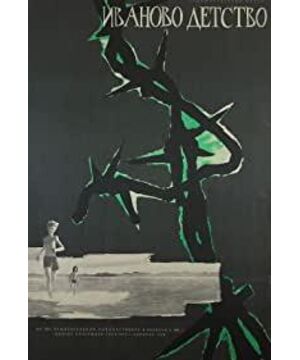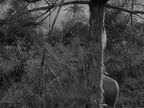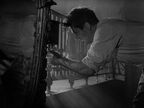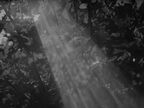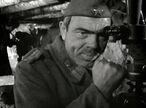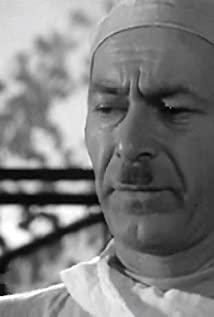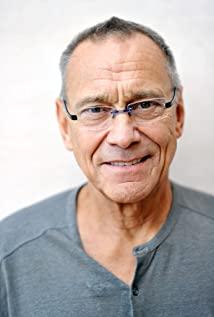Andrei Tarkovsky is a young director with a unique and original style who emerged in the former Soviet Union in the 1960s, known as a screen poet. In 1961, the graduation film "Road Roller and Violin" was released. This film showed an operation with lyrical songs, a road roller worker and a boy who played the violin. The 1962 feature film Virgo. Ivan's childhood
The plot of Ivan's childhood is very simple. The 12-year-old side lost all his relatives in the war and became a scout and finally died under the claws of the Gestapo. One, who lives on the screen in two sets of shots, one is the real world here, where he acts as an avenger and a weapon of war, and the other is a dream, as a free and complete human being Two, exists He is connected with the beauty of nature and the beauty of human emotion and the whole good life. His customer service driver wrote a poem on the screen in silent language, showing the history of a person who was born in the war RUV The war engulfed the childhood of this generation, and it was their hearts that were destroyed. And twisted, has lost the innocence of children.
Takovsky made an outstanding contribution to the establishment and development of the Soviet event should focus on the establishment and development of the cinematographic tradition of filmmakers. He is considered to be one of the most important hidden art writers in the former Soviet Union and even the world in the 1960s and 1970s.
One of Takowski's achievements is that in the process of creating a series of his own films, he has found a form that can best convey the author's heart and best reflect his desire for ideals. The external movement of the film is deeply penetrated into the human heart, presenting the hidden and complex internal movement on the screen, thereby creating a composite film structure.
On the other hand, his shopping driver uses a lot of metaphorical film language to write moving poems on the screen with film images. On the other hand, he expresses his feelings with the help of the unique scenery. For example, the vivid elements of nature such as shooting, wind, rain, fire, etc., express the strong poetic feelings of opportunity in these scenes. For example, "Andrei Lublev" opens with a classic Russian rural natural scenery, where the buckwheat grows vigorously in the sky, and then the buckwheat is sloping down in the wind and rain. Come and provide a meaningful narrative background to the inhuman life that the Russian people endured.
In addition, there is such a scene in "Ivan's Childhood", where Yifan is chasing with a girl, and at the end Yifan overtakes the girl and runs straight forward, and the entrance that is switched immediately is not the one that Yifan enters the entrance 21 and dies Melanin, the appearance of this week's hey number, is obviously a metaphorical expression of Yifan's death, but also for the minds of people in a specific era and in a specific era.
His other masterpieces include Andrei Rublev, shot in 1966, the science fiction film Solar System in 1973, and "Mirror" in 1978, which is autobiographical and expresses his understanding of life through the author's childhood memories.
View more about Ivan's Childhood reviews


